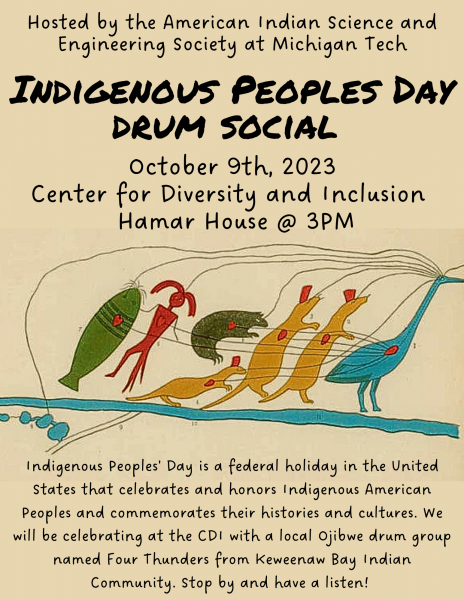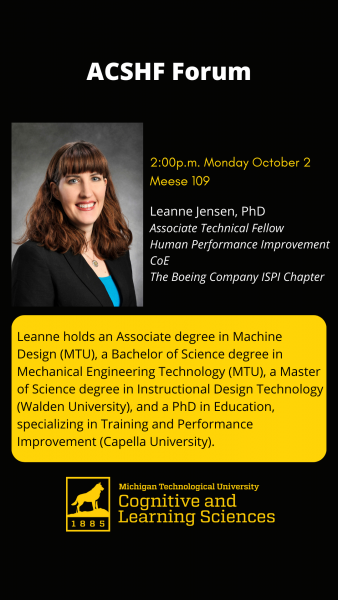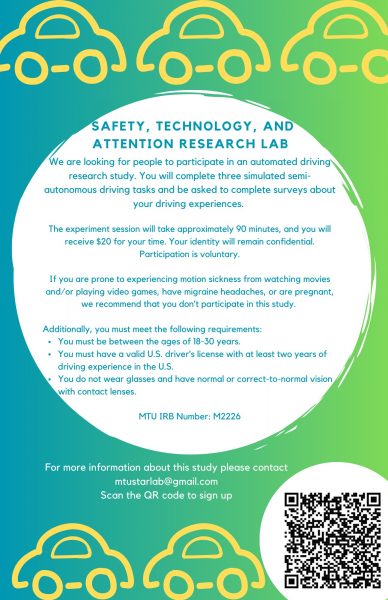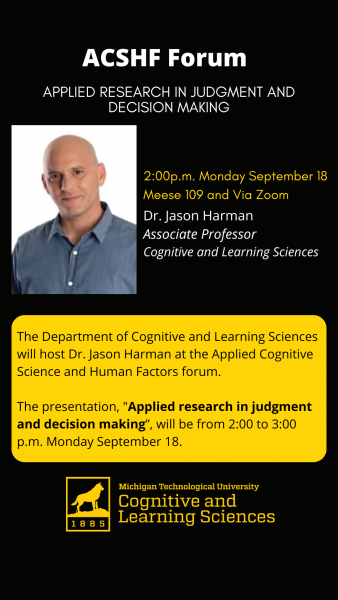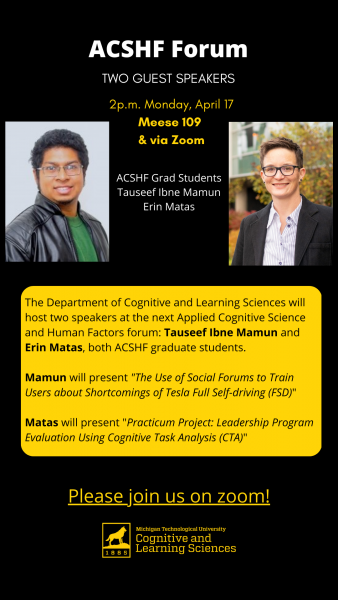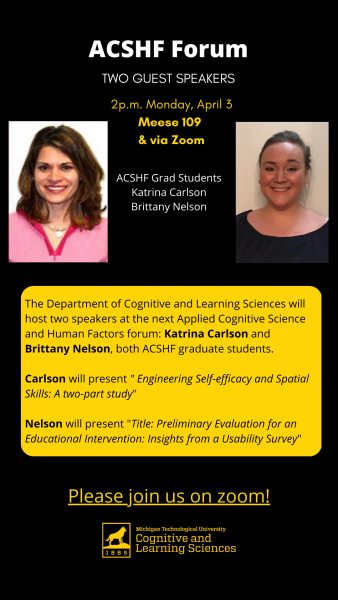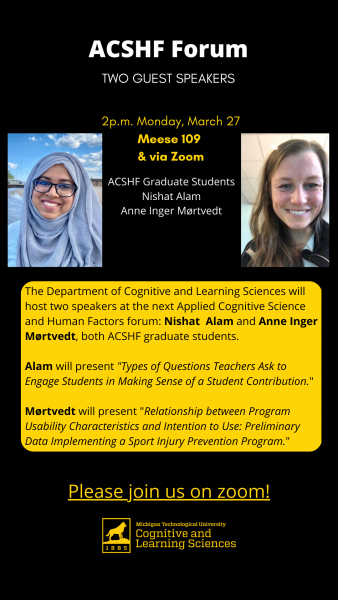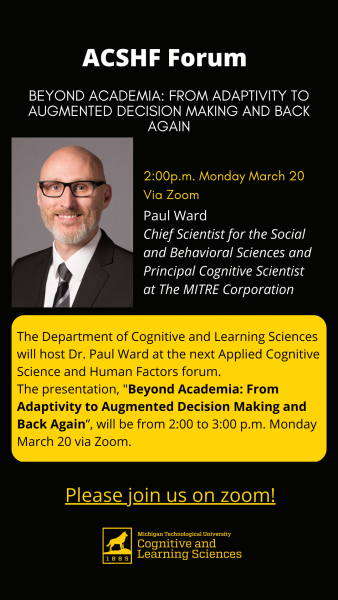Hey Huskies! It’s World Mental Health Day, how is your semester going so far?
If you are needing some assistance or are interested in getting involved with helping others please check out some of these resources:
Link tree MTU Wellbeing resources
Link American Psychology Association Mental Health resources

